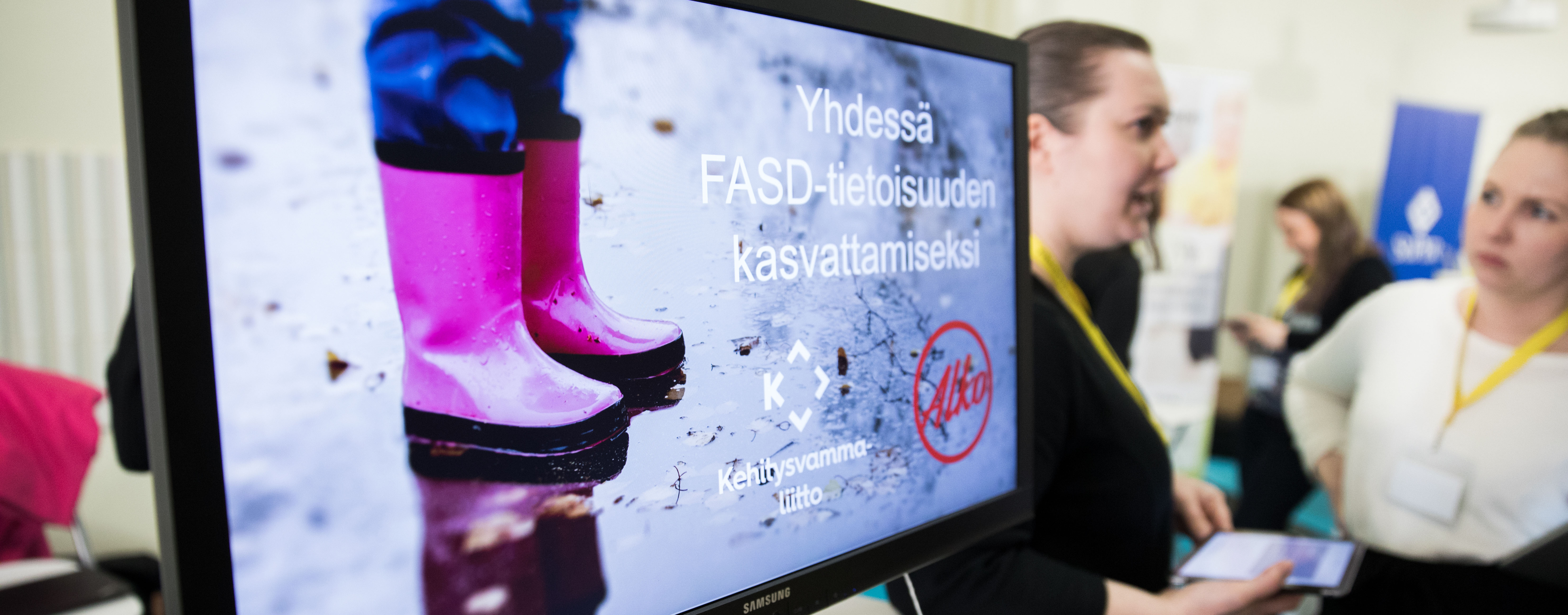
Transparency in value creation is the starting point for ensuring a living wage in supply chains
Alko wants to ensure responsible procurement processes in its own operations, but this responsibility is not ours alone. Everyone in the value chain shares in this responsibility. What kind of roles and responsibilities are to be found in our value chain with regard to wage levels in primary production? How do we work together to ensure a sufficient level of pay for everyone working in the value chain?
A statutory minimum wage is not the same thing as a living wage. A ‘living wage’ can be defined in several ways, and the meaning of ‘fair compensation’ is by no means clear-cut either. Living wages have been identified as a human rights risk in primary agricultural production. Women who do seasonal work during the harvest are in a particularly vulnerable position. It is an equality issue that affects the social position of both women and children. One of the best-known calculation models is the Anker Methodology for Estimating a Living Wage (Global living wage coalition).
The Nordic alcohol monopolies are creating a roadmap for procurement processes in which paying a living wage is the norm. This theme will be a priority for our cooperation in 2022.
Limited information about wage levels in the alcoholic beverage sector
We decided to start with the basics. We identified a need to collect more information about the current status of the supply chain. Although some information about the payment of statutory minimum wages had already been amassed via audits and other monitoring measures, we had not previously conducted any comprehensive surveys in countries of origin.
As part of a joint Nordic project, we determined what data was internationally available from public sources. Our data collection partner was KPMG. The aim was to analyse the following data for 23 countries of origin*: Is there a statutory minimum wage and, if so, what is it? Has a living wage been calculated and, if so, what is it and what methodology was used to calculate it? What is the real wage level for both permanent employees and seasonal workers? What is the production cost level and have there been any changes in it? We also wanted information about workers’ legally protected freedom of association and the degree to which they were organised. This analysis was targeted at primary agricultural production.
How fragmented the available data was came as a surprise to both us and the data collectors. Of all the countries of origin involved in the survey, South Africa performed the best in terms of data transparency – perhaps as a result of the public pressure that has been placed on the country in recent years. On a positive note, we found minimum wage legislation in all countries of origin. However, there was a difference between the actual wage level and the calculated living wage. Although national legislation granted workers freedom of association in almost all countries of origin, their ability to do so in practice cannot be verified. Questioning this is justified due to the low level of unionisation.
Data collection cooperation with field organisations
When we discovered that only limited information was available, we decided to collect more data in collaboration with organisations in the field. We signed an agreement with the Finnish Fair Trade organisation for a data collection project in South Africa in 2022. This project will provide us with more detailed information about local conditions and their impact on value creation.
Alko is also cooperating with the International Union of Food, Agricultural, Hotel, Restaurant, Catering, Tobacco and Allied Workers’ Associations (IUF). This cooperation seeks to strengthen employees’ expertise and understanding of their own freedom of association, and to provide an international channel for rectifying any shortcomings. We will also learn more about a variety of material change factors, including the effect that employees’ freedom of association has on the formation of a living wage, whether employees have freedom of association in practice and, if not, what obstacles they are facing.
Joint Nordic stakeholder event as a platform for open dialogue
In addition to conducting the aforementioned analyses, we are also involving our partners in the creation of our roadmap. We organised a Living Wage workshop that was attended by about 50 suppliers. The participants shared our view of the importance of this topic. It was hoped that the monopolies would take a leading role and provide a common direction and strategy for moving forward. Suppliers could then utilise this in their own cooperation with producers. Clearly communicating both objectives and the target state was considered essential to the success of advocacy work. It was hoped that stakeholders would be involved as widely as possible, from suppliers and producers to trade unions and other influential industry operators. It was also hoped that those involved in this dialogue would openly share information about factors such as production costs and any changes therein. Some potential obstacles to progress were identified in data collection, and particularly in the areas of data security and the right to maintain trade secrets.
The debate was broad-ranging and insightful, and was conducted in good spirits. One memorable example was etched in our minds during a speech by the international expert Wilbert Flinterman, who reminded listeners of the waterbed effect: it is important to ensure that changes in operating procedures in one part of the supply chain do not make conditions more wretched for those in another part. Responsibility requires us to manage the chain as a whole.
Work is only just beginning
The next task in our joint Nordic cooperation will be to consider what stages we will specify on the roadmap. We need partners who are committed to the journey. There is no single party who shoulders the responsibility – ensuring a living wage is a social challenge in which everyone has their own part to play. There is definitely a lot of work ahead, but we are committed to getting it done.
Marja Aho
*Alko sells products from more than 70 countries of origin.
Photo: Unsplash





